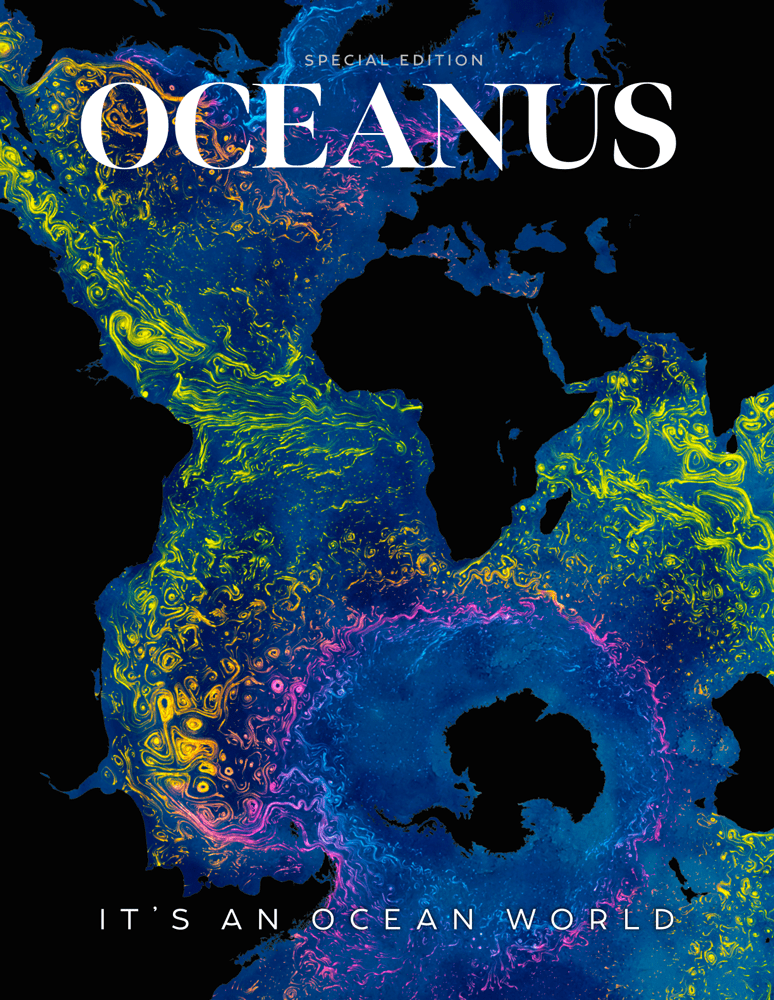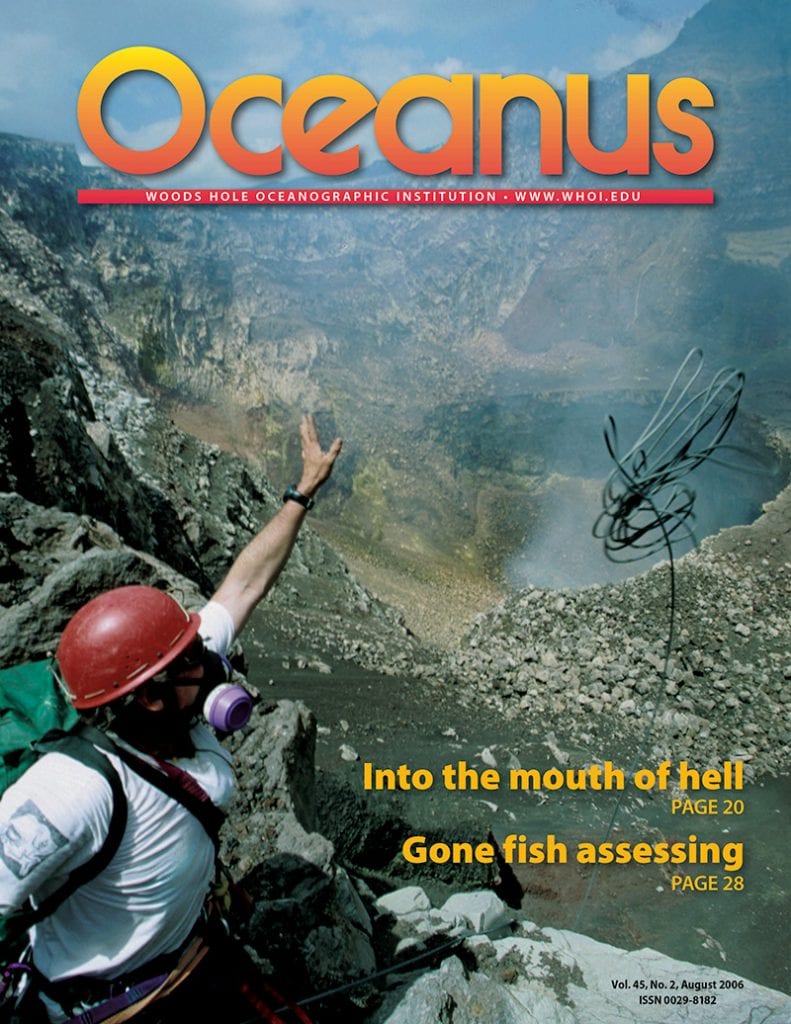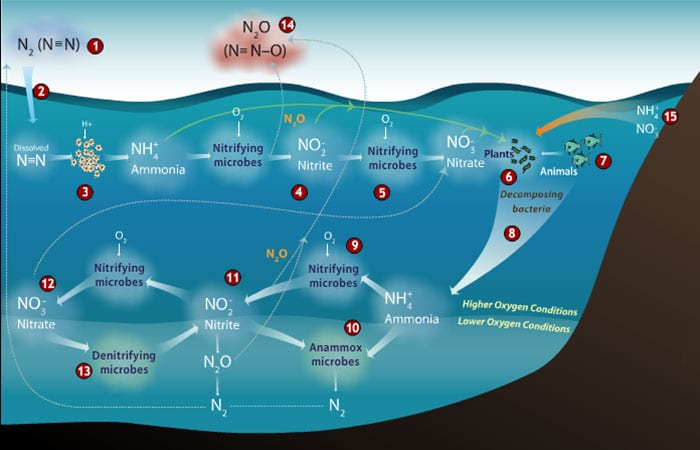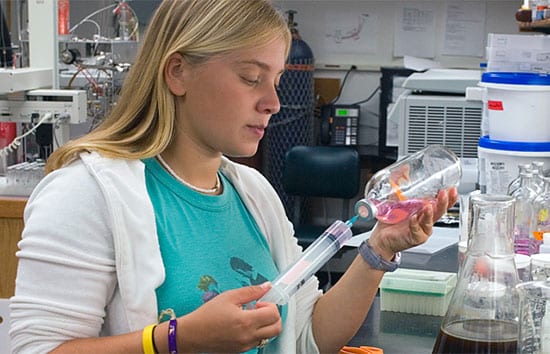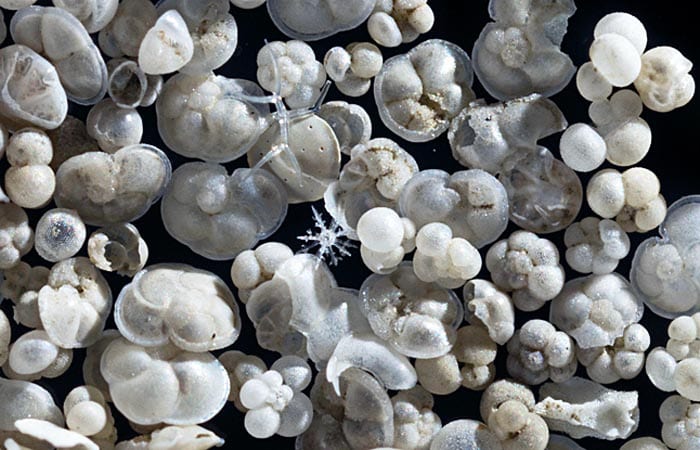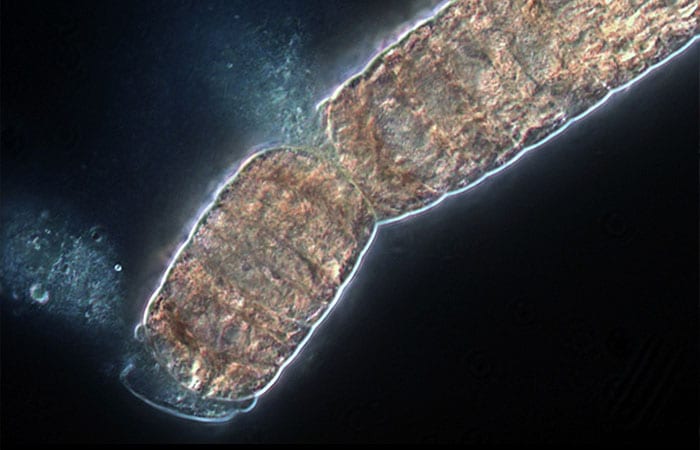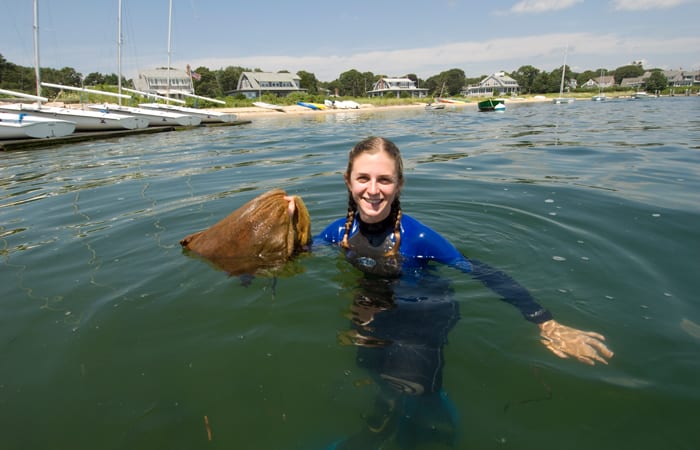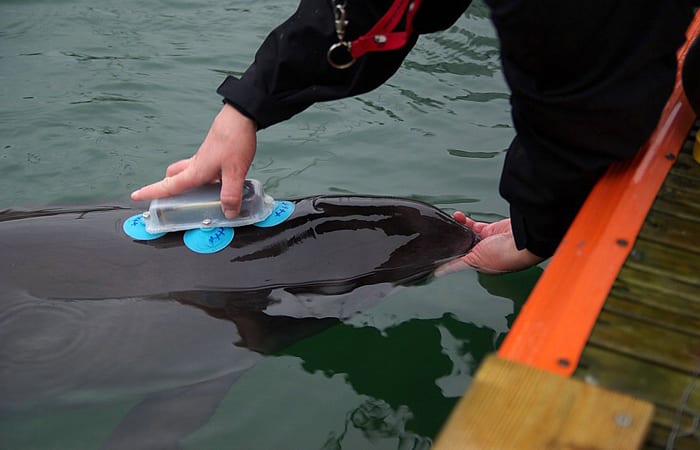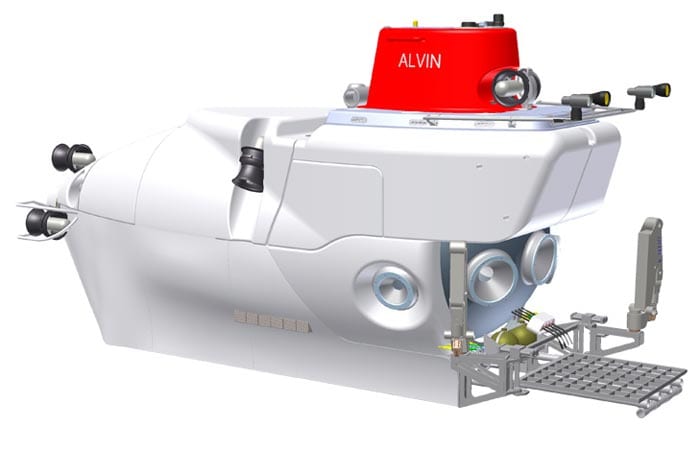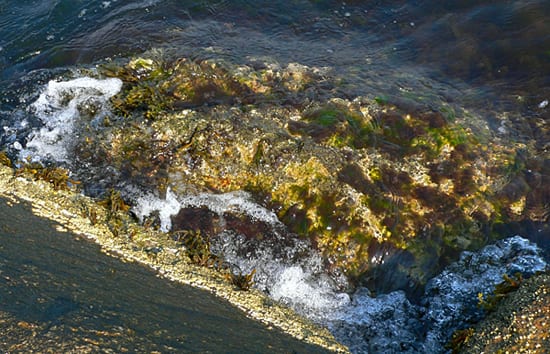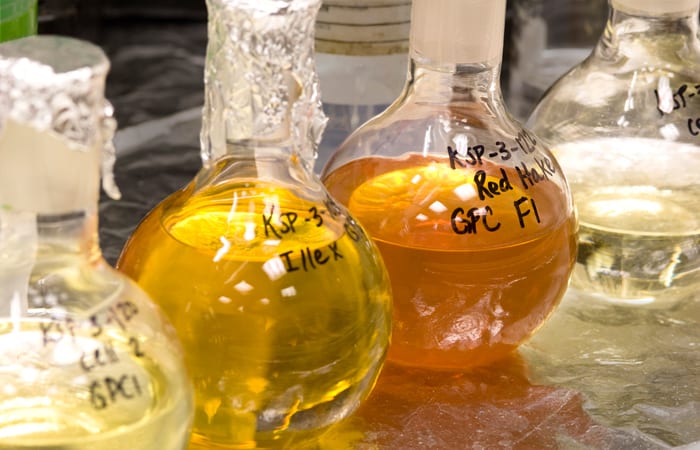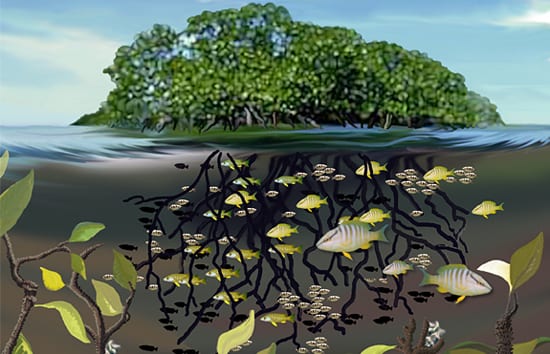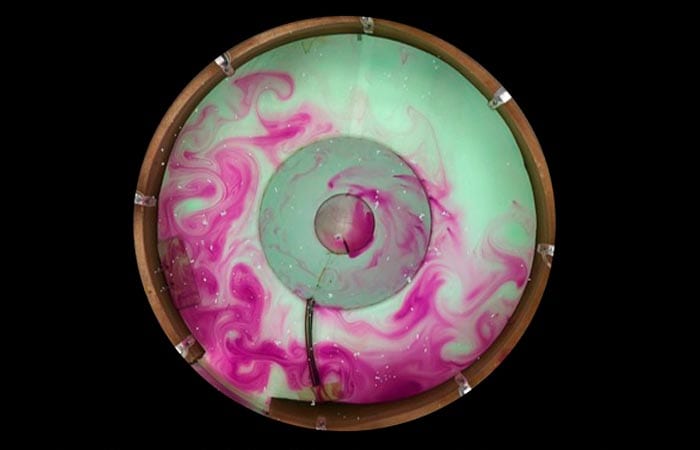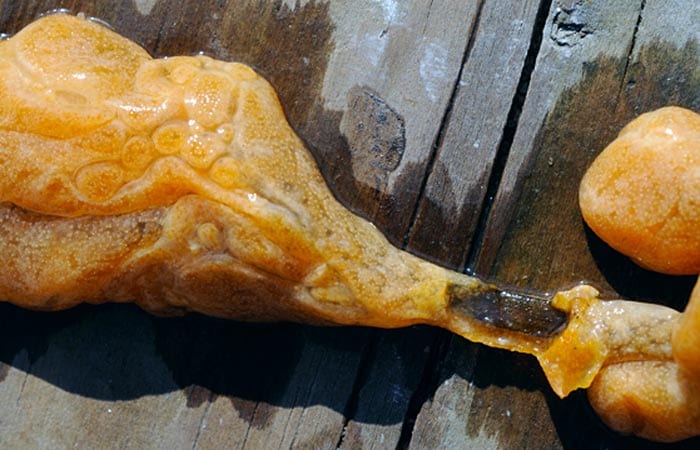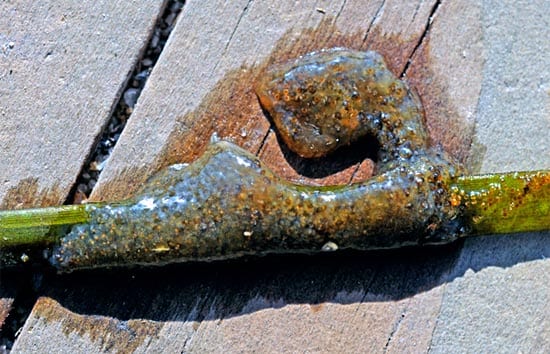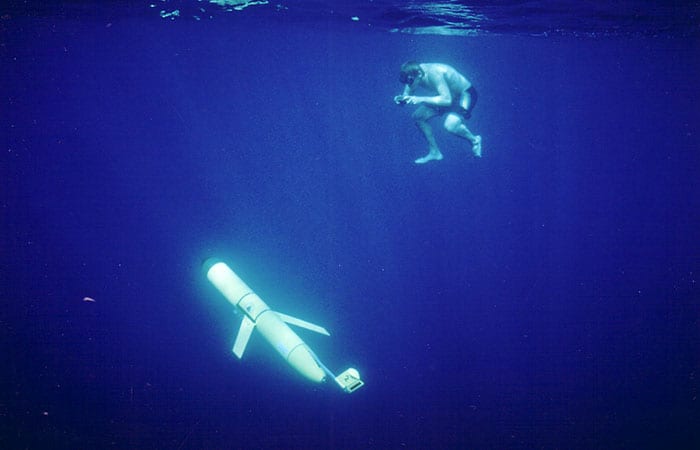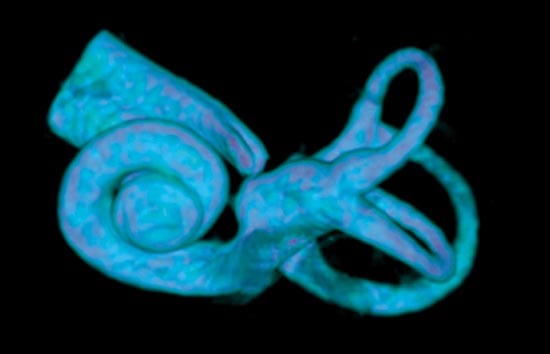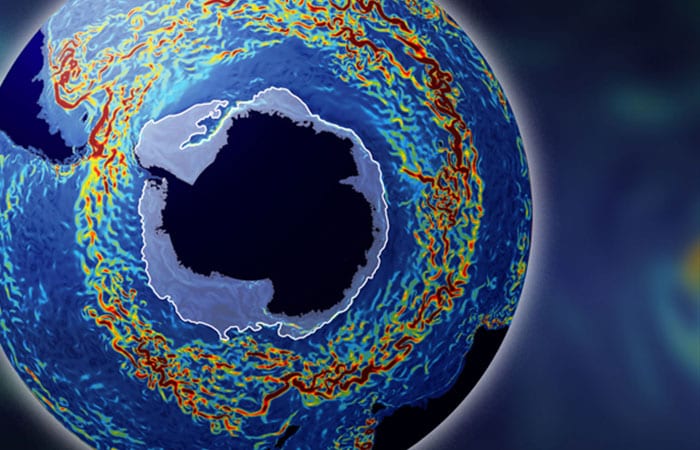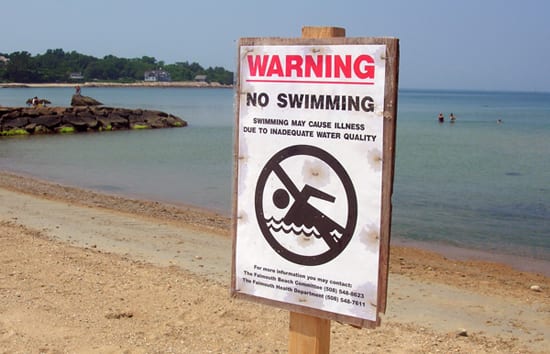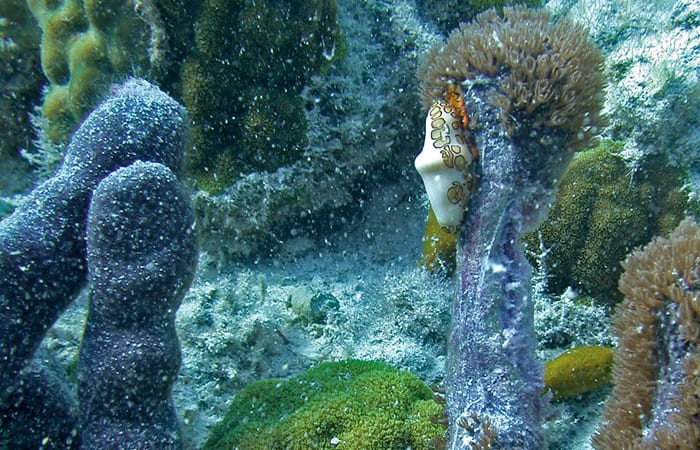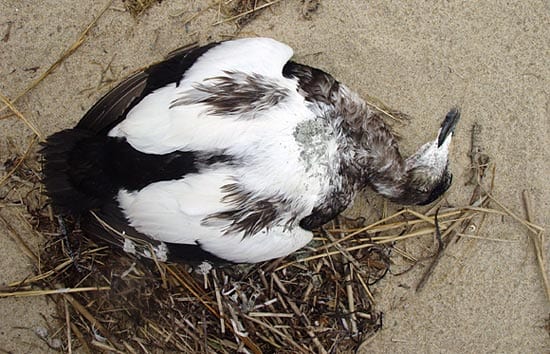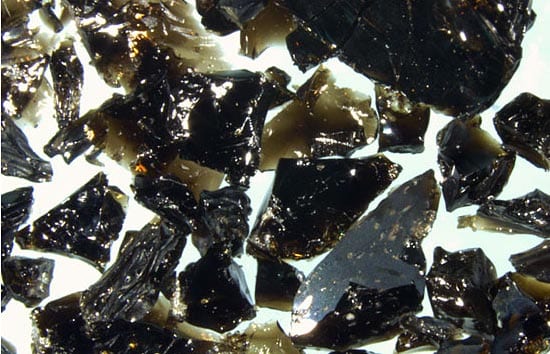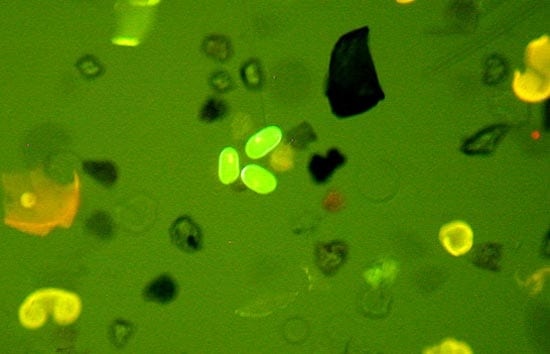Oceanus Online Archive
Another Greenhouse Gas to Watch: Nitrous Oxide
There’s a greenhouse gas whose concentration is on the rise because of human activities. But it’s not the one you’d expect: it’s nitrous oxide (N2O), also known as laughing gas.…
Read MoreTracking Nitrogen’s Elusive Trail in the Ocean
Humans often seem to be unable to fix a problem without creating a new one. We invented DDT to kill mosquitoes and stop the spread of malaria, but almost caused…
Read MoreA Tale of Two Oceans, and the Monsoons
Every summer, the continent of Asia takes a big breath. This inhalation pulls moisture-laden air from the Indian Ocean over India and Southeast Asia, causing torrential rains known as the…
Read MoreA Most Ingenious Paradoxical Plankton
Everybody has a unique place in the world, a job to do, a niche to fill. When you are a tiny phytoplankter, your place is in the ocean, and your…
Read MoreShellfish’s Mysterious Pathways to Adulthood
With a cool ocean breeze under a cloudless sky, children weave small sailboats through the channel. Larger boats scurry out of Waquoit Bay to fish in Nantucket Sound or spend…
Read MoreA Tag Fit for a Porpoise
In 2003, Stacy DeRuiter arrived as a graduate student at Woods Hole Oceanographic Institution (WHOI), where a new device developed at WHOI was sparking a revolution in marine mammal research:…
Read MoreBuilding the Next-Generation Alvin Submersible
Three times geologist Adam Soule has climbed inside the deep-diving submersible Alvin and headed to the seafloor. Geochemist Susan Humphris stopped counting after 30 dives. Dan Fornari, who studies deep-sea…
Read MoreListening In As Bacteria ‘Talk’ to Each Other
The 27th of January, at the entrance of the vast Bay of Bengal … about seven o’clock in the evening, the Nautilus … was sailing in a sea of milk.…
Read MoreHow Does Nature Deal with Persistent Pollutants?
Why would I choose to spend my years in graduate school up to my elbows in foul-smelling whale blubber? To explore how some of the most notorious man-made pollutants reach…
Read MoreOne Man’s Swamp Is a Fish’s Nursery
A parade of schoolmaster snapper swims by me, their neon yellow fins directing traffic. Echoing in the background is the rhythmic crunch of striped parrotfish nibbling on coral polyps. I’m…
Read MoreAre Sea Squirts Crowding Out Scallops?
Over the last 10 years, Mary Carman has documented how slimy sea squirts have invaded coastal New England, multiplying on rocks, docks, boat bottoms, moorings, and other hard surfaces. Their…
Read More‘Green’ Energy Powers Undersea Glider
Researchers have successfully flown the first thermal glider through the ocean—a robotic vehicle that can propel itself for several months across thousands of miles, using only heat energy from the…
Read MoreWHOI Scientists Bring Expertise to Capitol Hill
Several WHOI scientists have traveled to the nation’s capital, supplying Congress with scientific information and advice on problems ranging from toxic algae and oil pollution in the oceans to climate…
Read MoreThe Spiral Secret to Mammal Hearing
The spiral secrets of mammals? hearing abilities Whispering galleries are curious features of circular buildings. As whispers travel along the buildings’ curved walls, they remain loud enough to be heard…
Read MoreCorralling the Wild and Wooly Southern Ocean
Matt Mazloff fishes out a postcard. It’s a simulated aerial view of the bottom of the world, with Antarctica in the middle and the tips of South America, Australia, and…
Read MoreTesting the Waters and Closing Beaches
On a warm, tranquil evening this summer, Falmouth resident Annette Hynes took a friend down to Wood Neck Beach. It is one of Annette’s favorite local beaches, with a long,…
Read MoreBiochemical Warfare on the Reef
Just beneath the tranquil, clear waters of the tropical Caribbean, unseen by all but a few keen-eyed divers, two foes have engaged in a life-and-death struggle every day for thousands…
Read MoreSea Life Is Accumulating Pathogens
An unprecedented survey of seabirds, marine mammals, and sharks on the U.S. East Coast has revealed that marine wildlife contains a wide variety of disease-causing microbes—including many that have developed…
Read MoreDeeply Submerged Volcanoes Blow Their Tops
A research team led by Woods Hole Oceanographic Institution (WHOI) has uncovered evidence of explosive volcanic eruptions on the Arctic Ocean seafloor almost 2.5 miles deep. Scientists did not think…
Read MoreResearchers Successfully Forecast 2008 Red Tide
A research team led by scientists at Woods Hole Oceanographic Institution (WHOI) successfully predicted the widespread harmful algal bloom that materialized this year in New England coastal waters. The forecasting…
Read More